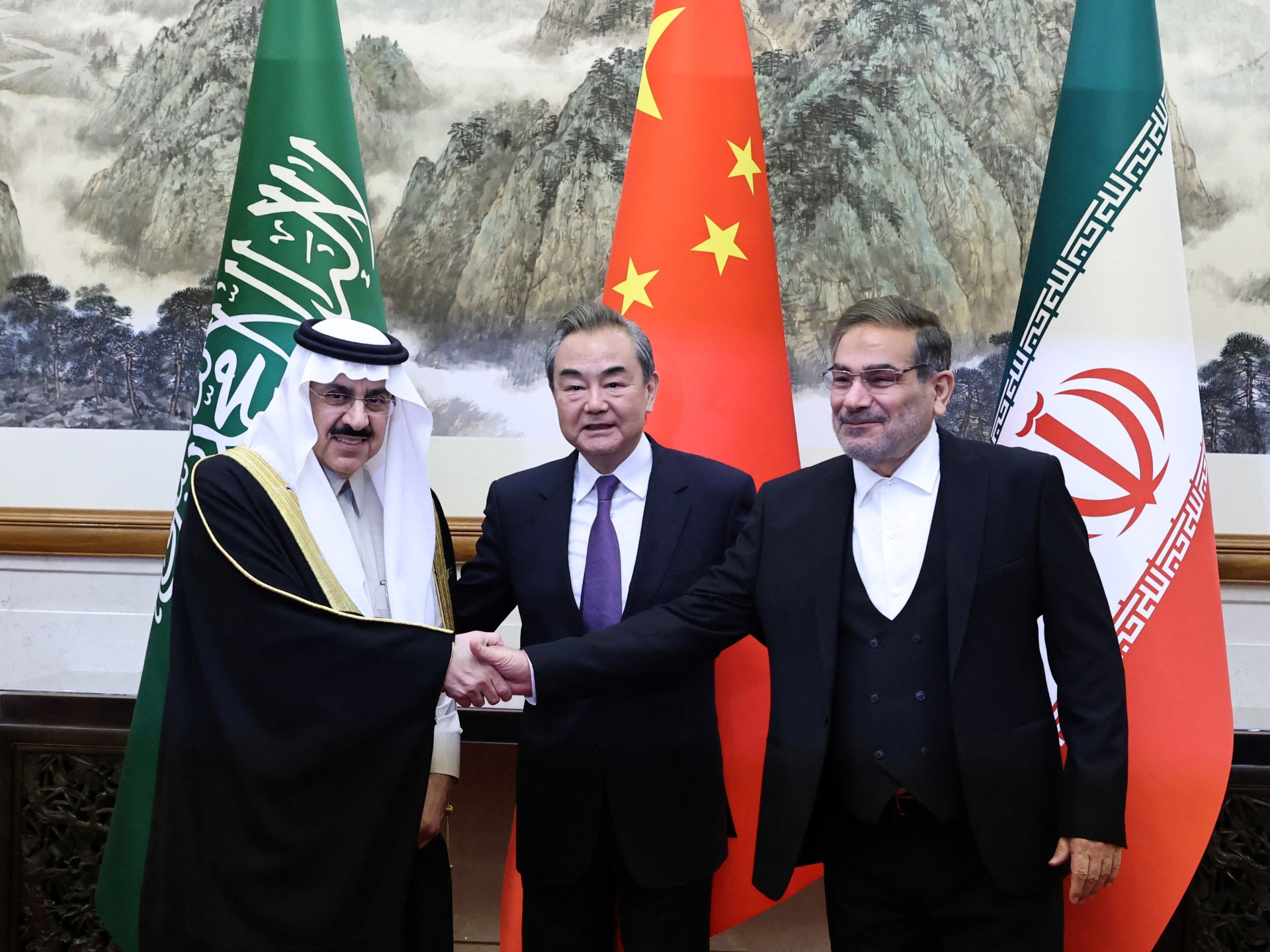High-Level Diplomatic Discussions Highlight Iran-Saudi Ceasefire
The foreign ministry of Saudi Arabia has recently announced that high-level diplomatic discussions have taken place between representatives from both Iran and Saudi Arabia. In these discussions, a considerable emphasis was placed on the recent ceasefire between Iran and Israel, a key development in the face of regional instability. The person at the helm of these talks was the charismatic Crown Prince Mohammed bin Salman of Saudi Arabia, who also serves as the country’s de facto leader.
The Crown Prince expressed aspirations for the ceasefire to bring lasting stability within the region. This statement further underlines Riyadh’s long-standing stance on the importance of dialogues conducted through diplomatic channels. They see it as a viable route to resolving complex disputes, emphasizing their commitment to fostering peace within the region.
Interesting insights emerged highlighting Iran’s Foreign Minister, Abbas Araghchi’s sentiments as well. Araghchi expressed profound appreciation towards Saudi Arabia. The reason for this gratitude lay in Saudi Arabia’s public denunciation of Israel’s attacks on Iran during the previous month.
The Israeli forces had initiated an extensive bombing campaign against Iran on the 13th of June, specifically targeting Iran’s military and nuclear infrastructure along with several residential areas. This unprecedented level of assault led to a significant loss of life within Iran, causing the death of over a thousand Iranian civilians, military officers, and nuclear scientists as per the claims by authorities in Tehran.
In a retaliatory response, Iran directed a barrage of drones and missile attacks towards Israeli territories. The Israeli government reported a consequential loss of life due to these attacks, with an estimated toll of 28 fatalities.
In the backdrop of these events, negotiations with Iran regarding its nuclear program were being pursued by the United States since April. The U.S., later on, joined forces with Israel, and consequently, conducted its own array of strikes on Iran, this time specifically targeting several of Iran’s nuclear sites. This offensive was launched on the 22nd of June.
The peace talks initially spearheaded by the U.S. with Iran have come to a halt for the time being. However, the agreed-upon ceasefire between Iran and Israel was successfully implemented on the 24th of June and continues to be in effect since then.
Historically, Iran and Saudi Arabia have frequently found themselves at opposing ends of the spectrum of regional conflicts, with instances arising in the contexts of both Syria and Yemen. The two regional powerhouses severed their diplomatic connections during 2016 but eventually decided to restore them seven years later, thanks to a reconciliation agreement mediated by China in 2023.
This accord signified a significant diplomatic milestone for Prince Mohammed, who, over recent years, has been increasingly demonstrating a preference for a more amiable and negotiation-focused approach towards regional diplomacy.
Saudi Arabia had expressed strong condemnation towards the attacks in Iran carried out by Israel during the previous month. These attacks were termed as ‘violent acts of aggression’ and a ‘blatant disregard for international laws’, which the Saudi government saw as a threat to regional stability.
Following the series of strikes carried out by the U.S. on Iranian nuclear facilities, Saudi Arabia voiced its heightened concern. This demonstrated Saudi’s consistent efforts to ensure the maintenance of peace and stability in the region.
The talks between Iran’s Foreign Minister Araghchi and Prince Mohammed were characterized by a positive atmosphere, according to a spokesperson for the Iranian foreign ministry. Further discussions were also held between Araghchi and Saudi Foreign Minister Prince Faisal bin Farhan as well as Defence Minister Prince Khaled bin Salman, involving discourses on bilateral commitments and the prevalent political landscape in the region.
The conduct of these diplomatic conversations reflects a move towards cooperation and mutual understanding within the region, reaffirming both nations’ commitment to regional stability and the importance of diplomatic dialogue in managing and resolving conflicts.

